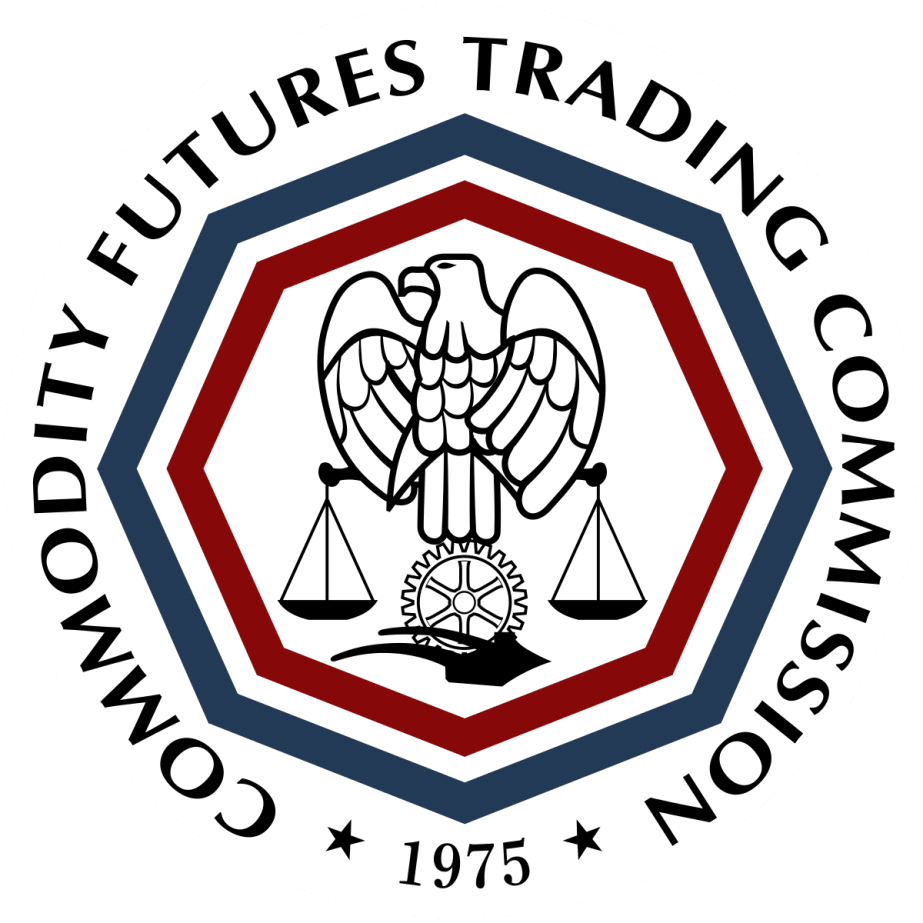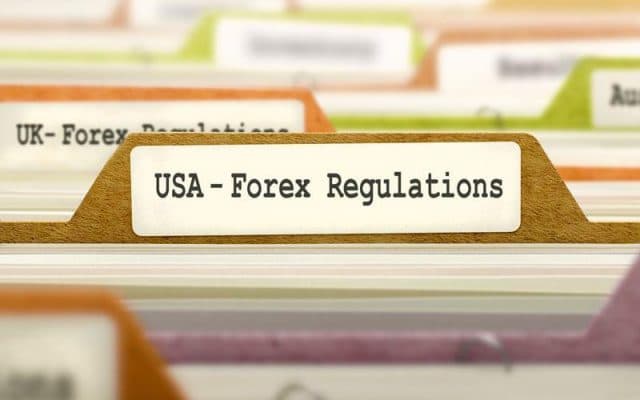The foreign exchange market presents unique trading opportunities and challenges in equal measure. Regulation has always been a hot subject in the $6 trillion marketplaces opened 24/7. Given the enormous trading opportunities always on offer, the market attracts millions of people in the US.
While there is no centralized body tasked with regulating the forex market, governmental and international bodies play the liquid market’s custodian role. The National Futures Association and the Commodities Futures Trading Commission (CFTC) are tasked with protecting traders and ensuring forex brokers adhere to the best industry standards practices in a trillion-dollar marketplace.
Forex regulatory bodies in the US
The CFTC is the ultimate regulatory body for the futures market and the forex market in the US. Likewise, the agency has established a set of regulations that govern how brokers operate in the issuance and providing platforms for trading the futures and the forex market. The body covers all non-bank forex brokers that deal with retail clients.

The Office of the Comptroller of the Currency (OCC) is an independent bureau that regulates operations in the forex market. Its main responsibility is regulating the futures and the forex trading for national banks and foreign banks. The body has already put in place regulations that govern banks. Likewise, all the banks dealing with retail clients on forex transactions are subject to set out regulations.

The National Futures Association acts as a watchdog for the futures and forex industry. Similarly, it can issue fines and suspend operations of forex brokers that violate set out regulations. The regulator also offers dispute resolution services between NFA members and clients. Under the law, all non-bank brokers in the US must be NFA members and subject to NFA rules.
Forex regulations in the US
The regulatory agencies have established rules of engagement, which forex brokers and other participants offering forex trading products to US traders must comply with. One of the requirements to operate as a forex broker in the US includes being registered and licensed by a regulatory body.
Likewise, all forex brokers operating within US borders must undergo regular audits to ensure they are offering legitimate products and are not operating as conduits for money laundering. The forex brokers are also required to communicate specific changes of service to clients before implementing them.
The NFA requires all its members to solicit customers or provide risk disclosures. The disclosures must include a confirmation they are counterparties to trades placed on the trading platform. Likewise, they are required to indicate that a trading platform is not an exchange but a connection to the dealer.
Similarly, brokers must indicate that any money deposited with the dealer has no regulatory protection and that the dealer chooses the price made available on the platform. Forex brokers are also required to inform customers of the number of retail forex accounts available and the profitable percentage.
When it comes to communication and promotional material, all the material must not be fraudulent or deceitful. There should be no representation that special protection is offered to deposited funds, especially against bankruptcy. Any mention of potential profit must be followed with prominent disclosures that show proof.
Also, forex brokers are not required to adjust or cancel the price of an order once it is executed. However, an adjustment can be made if it is in the customer’s favor and is applied to all affected customers. The adjustment can also take place upon the customer’s notification and be within 15 minutes of the original order execution.
Who is regulated in the US Forex market?
The regulations set out by the three regulatory bodies target a pool of players in the trillion-dollar industry; they include:
Retail Foreign Exchange Dealer
The Retail Foreign Exchange Dealer is the person on the other side of a trade when a trader enters a long or short position in the market. For instance, when a trader enters a long position on the EUR/USD pair, the counterparty is the person or entity selling the pair.
Likewise, Forex brokers operate as the RFED as they are usually on the other side of the trade, depending on the trade a trader enters. So if the trader makes money on a trade, it means the broker lost. Likewise, if the trader loses money, it means the broker gained.
The fact that retail traders are always trading against brokers calls for regulation of their actions to ensure they do not manipulate the market to their advantage.
Commodity Pool Operator
Commodity Pool Operators are essentially funds or money managers that pull together money from many investors and trade the combined funds together as a pool. A perfect example of a CPO is a hedge fund in addition to smaller managed forex accounts. The fact that such funds or accounts deal with people’s money calls for regulation to ensure investors don’t lose their money from the actions of unscrupulous managers.
Commodity Trading Advisor
Commodity Trading Advisor is people or firms that provide trading advice to customers. The advice can also include having direct authority over customers’ trading accounts. Given that the advice or information they offer can make people money or cause them to lose, it also calls for extreme scrutiny by regulators.
Introducing Broker
Introducing brokers play the role of introducing customers to the forex market but don’t handle any money on behalf of the customers. In most cases, introducing brokers drives customers to a retail foreign exchange dealer or broker.
Conclusion
Being a $6 trillion marketplace, the forex market is known to attract people and brokers, some with bad intentions. Likewise, it is only important to trade with a regulated forex broker to protect deposited money and ensure access to highly competitive prices in the forex market.
Similarly, it is important to note that financial regulations are quite complex and do evolve with time. Regulations in the forex market try to strike a balance to ensure both parties in the trade have a fair chance of generating profits. Too little regulation could reduce investor protection, while too much regulation could reduce competitiveness in the industry.




